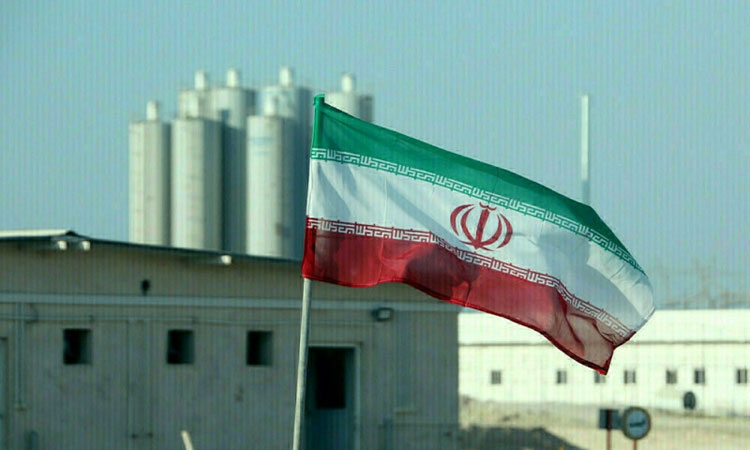Pakistan, July 22 — Tehran stated on Monday that European nations were responsible for the collapse of the 2015 nuclear agreement, alleging they had violated their promises before the upcoming discussions in Istanbul with the UK, France, and Germany.
The 2015 deal – negotiated by Iran along with the permanent members of the UN Security Council, including Britain, China, France, Russia, and the United States, as well as Germany – placed restrictions on Iran’s nuclear activities in return for the lifting of sanctions.
Nevertheless, it fell apart in 2018 when the United States, under Donald Trump’s initial presidency, independently left the agreement and reinstated extensive penalties.
Although Europe promised ongoing assistance, the system designed to counter US sanctions never functioned properly, leading many Western companies to leave Iran and worsening its economic situation.
“Iran blames the European parties for failing to implement the agreement,” stated foreign ministry spokesperson Esmaeil Baqaei before the Friday meeting in Istanbul with Britain, France, and Germany regarding the deal’s future.
Tehran will also organize a trilateral meeting on Tuesday involving officials from China and Russia to address the nuclear matter and possible sanctions.
The Chinese foreign ministry stated that Beijing would “remain actively involved in encouraging the relevant parties to resume discussions and negotiations, aiming to achieve a resolution that addresses the valid concerns of all involved.”
Over the past few weeks, the three European nations have warned of reinstating global sanctions against Tehran, alleging that it has violated its nuclear agreements.
Germany mentioned that the Istanbul discussions would take place at the expert level, with the European group striving “non-stop” to achieve a lasting and verifiable diplomatic resolution.
“If no resolution is achieved by the end of August, the snapback mechanism remains a possibility for the E3,” stated the foreign ministry spokesperson, Martin Giese.
A provision in the 2015 deal enables the reapplication of UN sanctions against Iran via a “snapback” process if there is a breach of terms.
Nevertheless, the contract is set to expire in October, creating a short timeframe.
The International Atomic Energy Agency states that Iran is the sole non-nuclear state currently enriching uranium to 60 percent — significantly higher than the 3.67 percent limit established by the 2015 agreement.
That represents a brief step toward the 90 percent enrichment needed for a nuclear weapon.
Claiming that utilizing the snapback clause was “pointless, unfounded, and unethical,” Baqaei stated at a press conference, asserting that Iran only started moving away from the agreement due to Western non-adherence.
He stated, ‘Iran’s decrease in its obligations was conducted following the terms specified in the agreement.’
Western nations, headed by the United States and supported by Israel, Iran’s main adversary, have consistently claimed that Tehran is secretly pursuing nuclear weapons.
Iran has consistently refuted these claims, stating that its nuclear program is exclusively intended for peaceful uses like generating electricity.
Tehran and Washington have conducted five rounds of nuclear discussions since April, but a scheduled meeting on June 15 was called off following Israel’s attacks on Iran on June 13, which led to a 12-day confrontation.
“At this point, we have no plans to engage in dialogue with the United States,” Baqaei stated on Monday.
On June 13, Israel carried out a series of unexpected attacks on its regional rival, focusing on critical military and nuclear sites.
The United States carried out its own series of attacks on Iran’s nuclear program on June 22, targeting the uranium enrichment plant in Fordo, located in Qom province, south of Tehran, along with nuclear facilities in Isfahan and Natanz.







